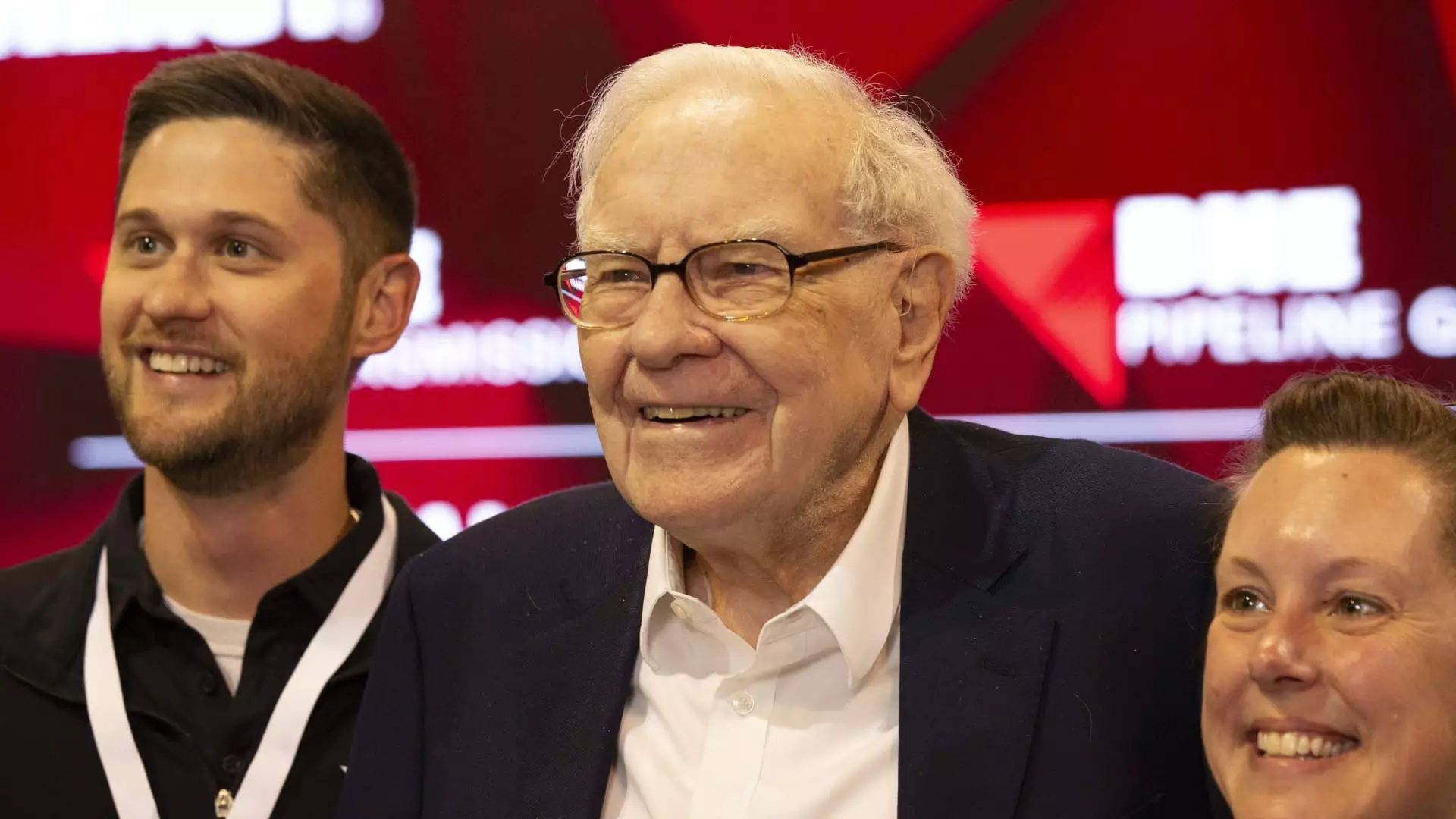Berkshire Hathaway, the investment powerhouse led by Warren Buffett, has made headlines once again by increasing its stake in SiriusXM to a notable 32%. This strategic move, involving an acquisition of approximately 3.6 million shares valued at about $87 million, highlights Buffett’s ongoing interest in the satellite radio entity amid a complex market landscape. The timing of this investment coincided with noteworthy shifts within the media sector, particularly following Liberty Media’s recent integration of its tracking stocks with SiriusXM’s operations.
While such investments often spark debate among market analysts and investors, Buffett’s methodology tends to incorporate long-term growth potential. Despite the significant acquisition of SiriusXM shares, the satellite radio company has faced considerable challenges, including subscriber losses and a disconnect with younger audiences, factors that make this investment appear risky.
Berkshire’s heightened investment follows a pivotal restructuring led by media mogul John Malone, whose Liberty Media aims to consolidate its diverse portfolio of assets. This reshuffling is not merely tactical; it represents a larger narrative of transformation in the media landscape, which is witnessing an increasing number of competitors vying for audience attention and engagement. Following the conclusion of Liberty’s integration in September, Buffett’s strategic input could be seen as an attempt to capitalize on potential merger arbitration opportunities.
Despite these strategic alignments, market skepticism remains. Analysts, including JPMorgan’s Sebastiano Petti, express serious concerns regarding SiriusXM’s sustainability and growth potential in the currently saturated media environment. With underwhelming positive ratings from industry analysts—only five out of 14 recommending a buy—it is clear that investor confidence is shaky.
Buffett, who has remained largely reticent about the specifics of this recent investment, has often placed his faith in a team of skilled financial managers, such as Ted Weschler and Todd Combs. The ambiguity surrounding the strategic rationale behind this investment raises questions about Buffett’s commitment to SiriusXM, especially given the company’s alarming trend of decreased stock valuations—over 50% down this year alone.
Moreover, the looming shadow of Liberty Media’s stock restructuring, which has reduced share count by 12%, adds further uncertainty. Analysts predict that this could hinder SiriusXM’s ability to engage in stock buybacks until 2027, potentially leading to further share price erosion.
Lessons from Previous Investments
Reflecting on previous ventures, Buffett’s unfavorable experience with Paramount Global’s Class B shares underlines the precarious nature of investing in the media sector. Buffett’s admission of learning from the “sour” Paramount investment reinforces a more cautious outlook as competition intensifies in streaming and audio entertainment, sectors that are becoming increasingly hostile due to pricing wars and changing consumer preferences.
While Berkshire Hathaway’s investment in SiriusXM captures headlines, it also invites scrutiny regarding the broader viability of satellite radio in an era dominated by streaming services. The inherent risks involve not only the unpredictability of market dynamics but also the changing tides of consumer engagement, compelling Buffett and his team to tread carefully as they navigate these turbulent waters.

